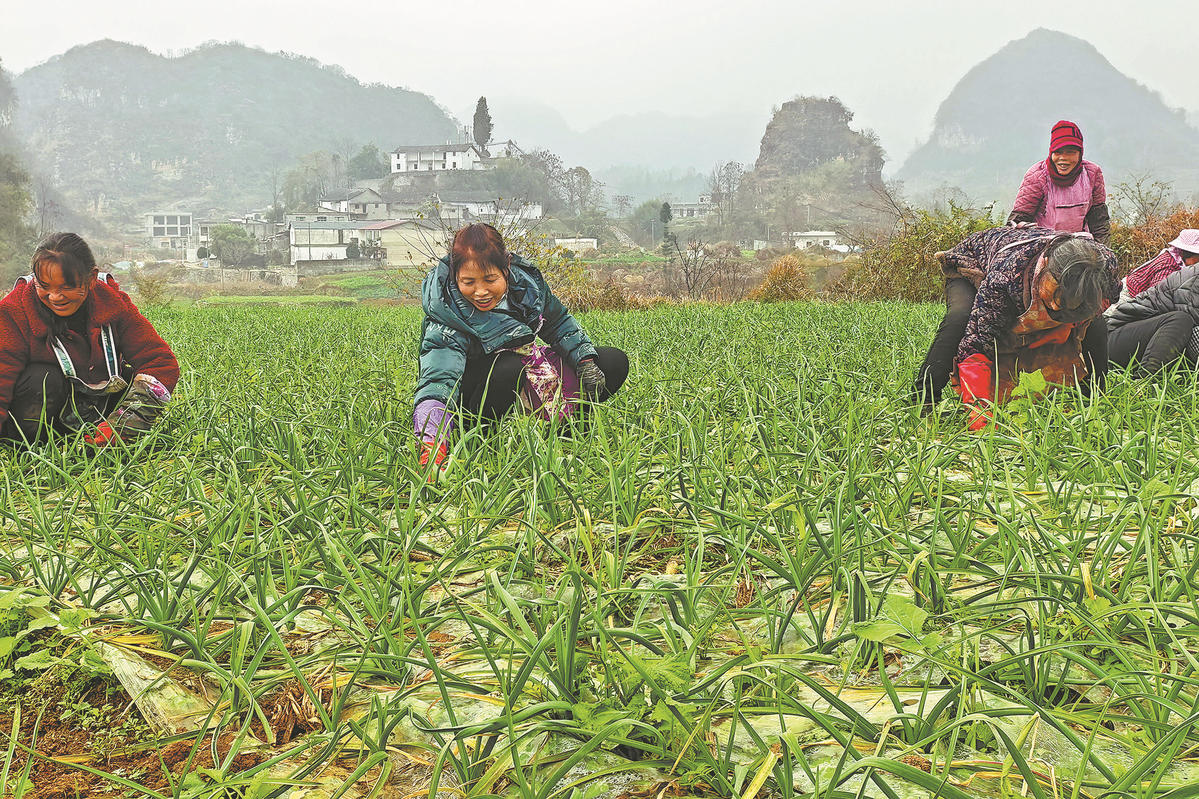ADB expects pickup in fiscal outlays


The Asian Development Bank said it expects to see a pickup in China's fiscal outlays and additional infrastructure investment in the second half of this year as the country is still recovering from the impact of COVID-19.
The ADB had revised down this year's GDP growth forecast for China to 3.3 percent from its projection of 5 percent made in April, amid restrictions related to the pandemic and tepid consumer demand.
China's economic growth, the regional development bank said in a new report released on Wednesday, is expected to accelerate to 4.5 percent next year, also lower than its previous forecast of 4.8 percent.
Dominik Peschel, head of the economics unit at the ADB People's Republic of China Resident Mission, said the bank expects to see improvement in China's fiscal outlays based on the fact that the spending in the first half has been below the targeted spending.
That is because fiscal revenues have declined quite substantially due to COVID-19 lockdowns, and the country implemented value-added tax credit refunds on a large scale in the second quarter, Peschel said.
"We would expect fiscal revenue to recover in the second half. This recovery will give some room for a pickup in fiscal outlays," he said.
Supported by strong policies, infrastructure investment will continue to play an important role in stabilizing growth, other economists said.
Chen Weidong, director of the BOC Research Institute, said: "China needs to make better preparations for medium and long-term development by making more reasonable infrastructure plans and investments in this regard, increasing investments in research and development, and fostering talent, with the aim of enhancing its competitiveness in the long run. This requires collaborative support of fiscal policies, bank credit extension and financing through capital markets."
The central government may further ramp up the issuance of government bonds and even special government bonds, if necessary, and also increase transfer payments from the central government to local governments, considering that there is not much room for growth in the issuance of local government bonds next year, said Lian Ping, chief economist at Zhixin Investment and head of the Zhixin Investment Research Institute.
"As China has already launched strong efforts to promote infrastructure construction, consumption may become a policy focus next year," Lian said.
He advised the government to consider allowing banks to lower mortgage rates for first-time homebuyers and providing banks with interest subsidies, in addition to offering subsidies and shopping vouchers to encourage the consumption of home appliances and automobiles.
In order to increase household consumption, China could strengthen social security and the provisioning of basic public services, which would reduce the need for precautionary savings, said Peschel.
"We saw in the past when the COVID situation got better and got under control, consumer confidence picked up again, and we expect that it can rule as well in the second half of the year when conditions get better and then into the next year," he said.



































